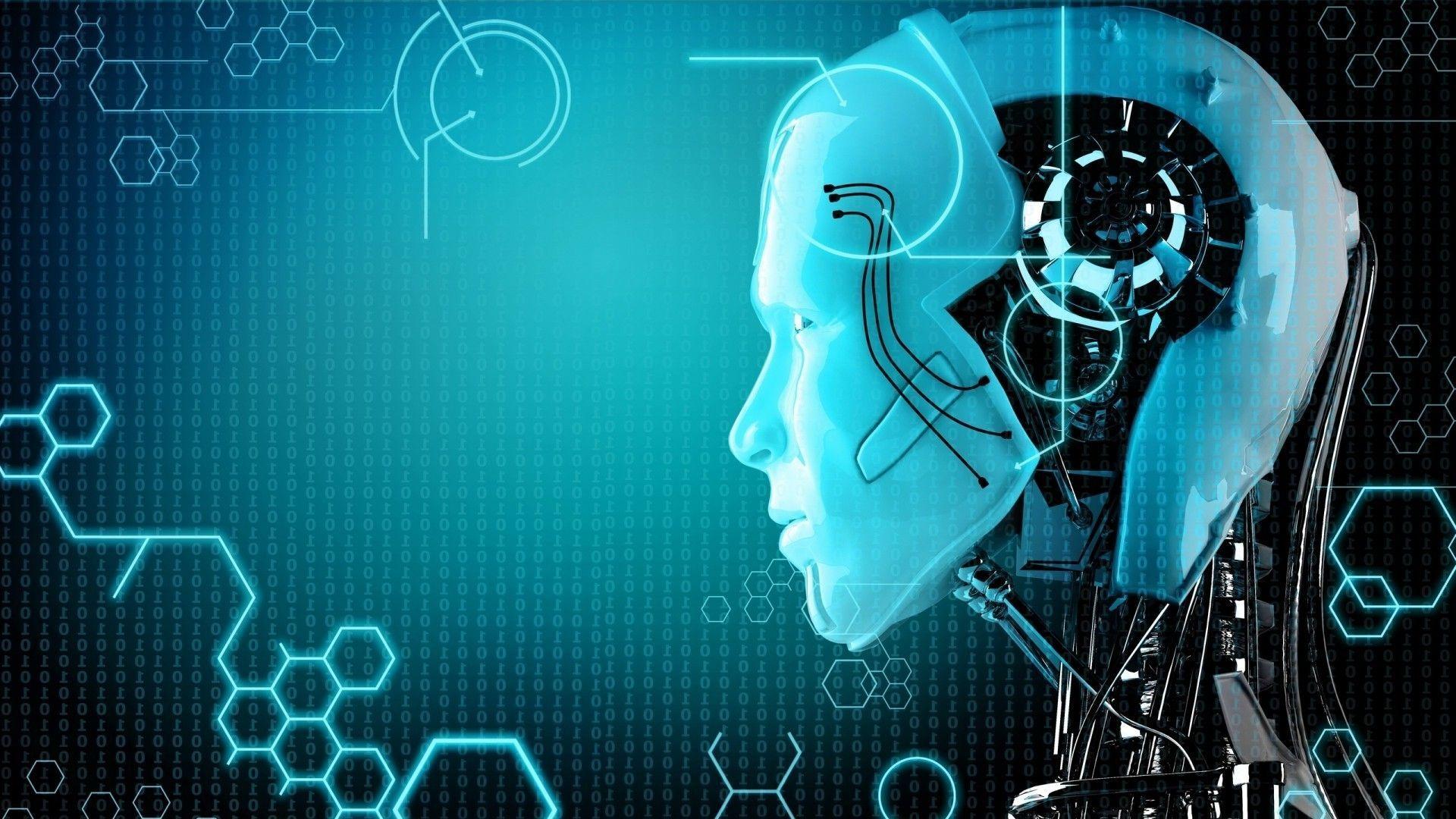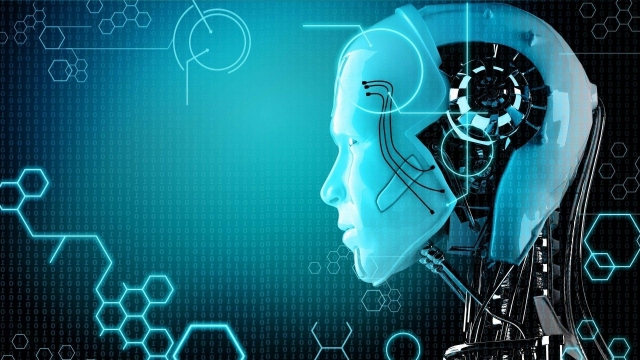
Welcome to a fascinating exploration of the transformative realm of artificial intelligence. In today’s rapidly evolving technological landscape, AI stands at the forefront as a groundbreaking force reshaping industries and revolutionizing countless aspects of our daily lives. From virtual assistants and self-driving cars to intricate medical diagnoses and personalized recommendations, the applications of artificial intelligence continue to expand and captivate the imagination of innovators and users alike.
At its core, artificial intelligence represents the culmination of human ingenuity and technology, where machines are equipped with the ability to learn, reason, and adapt based on immense datasets and algorithms. This fusion of human intelligence and computational power holds immense promise for enhancing efficiency, driving innovation, and addressing complex challenges across diverse domains. As we delve deeper into the potential of AI, we uncover a vast landscape of possibilities that set the stage for a futuristic frontier brimming with opportunities and implications for societies worldwide.
Applications of AI
AI is revolutionizing various industries with its innovative applications. In the healthcare sector, artificial intelligence is being used to analyze medical data and assist in diagnosing diseases more accurately. AI algorithms can detect patterns in medical images, helping doctors to make quicker and more precise decisions.
In the financial realm, AI plays a crucial role in fraud detection and risk management. By analyzing vast amounts of data in real-time, AI models can identify unusual activities and potential threats, minimizing financial losses for businesses and individuals.
Moreover, in the field of marketing, artificial intelligence is transforming how companies target and engage with customers. AI-powered tools can analyze consumer behavior and preferences to deliver personalized recommendations and advertisements, enhancing the overall customer experience.
Artificial Intelligence Search
Challenges of AI
Artificial intelligence has its fair share of challenges that must be addressed to truly unlock its potential. One significant hurdle is the ethical implications surrounding AI technology. Issues such as data privacy, bias in algorithms, and the impact on the job market are at the forefront of discussions around the ethical use of AI.
Another challenge facing AI is the need for continuous learning and adaptation. AI systems require vast amounts of data to operate effectively, and staying updated with the latest information can be a daunting task. Additionally, ensuring that AI models are accurate and reliable demands ongoing monitoring and adjustments to prevent inaccuracies or unintended consequences.
Moreover, the lack of transparency in AI decision-making processes poses a challenge in terms of accountability and trust. Understanding how AI arrives at its conclusions is crucial for ensuring its responsible use. Without transparency, users may be hesitant to fully embrace AI technologies, hindering its advancement in various fields.
Ethical Considerations
When discussing artificial intelligence, one crucial aspect that cannot be overlooked is its ethical implications. The rapid advancement of AI technology raises concerns about privacy, data security, and potential misuse.
Ensuring transparency and accountability in the development and deployment of AI systems is vital to address ethical challenges. It is essential for organizations and policymakers to establish clear guidelines and regulations to govern the ethical use of AI technology, promoting trust and responsible innovation.
Moreover, as AI continues to integrate into various aspects of society, ethical considerations must be at the forefront of decision-making processes. Striking a balance between technological progress and ethical standards is key to harnessing the full potential of artificial intelligence for the benefit of humanity.



